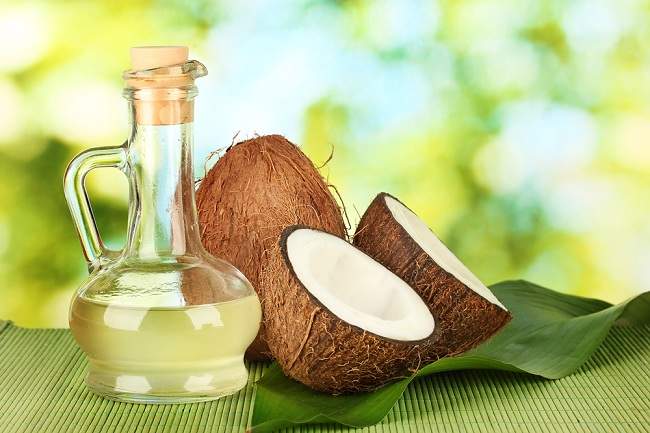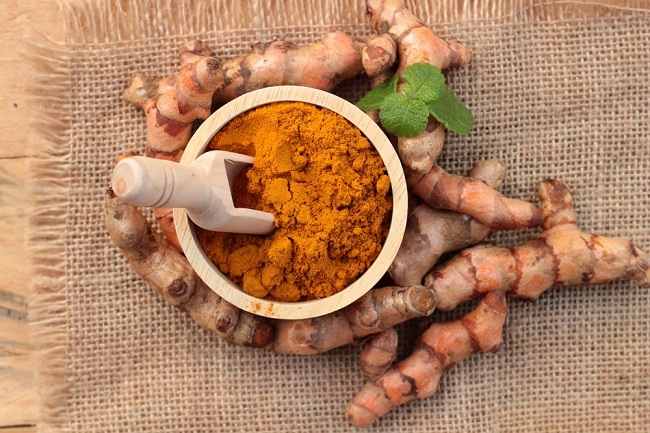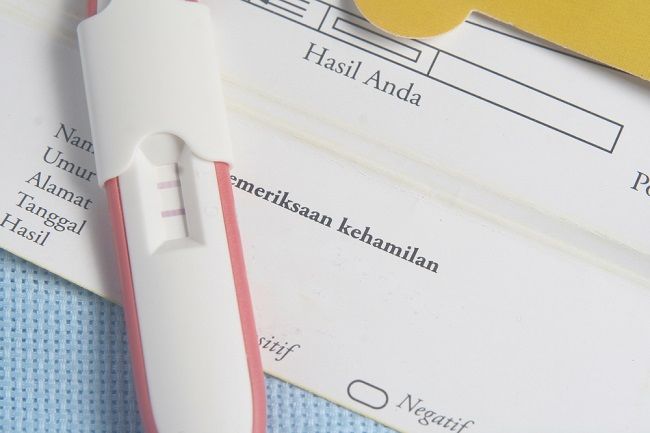The habit of drinking herbal medicine has become a tradition for Indonesians. Drinks derived from spices are believed to have health benefits. For that reason, not a few parents give herbal medicine to their children. Actually, can children drink herbal medicine?
In Indonesia, herbs are medicinal plant ingredients that have been used for generations. Common ingredients used to make herbal medicine include ginger, ginger, turmeric, and kencur. These ingredients are also often found in herbal medicine for children which are believed to increase their appetite.

Suggestions for Drinking Herbal Medicine for Children
Children often have difficulty eating problems and this can indeed make mothers dizzy. As a result, not a few mothers who try herbal medicine to increase the child's appetite.
Actually, giving herbs to children is okay, but there are rules. Herbal medicine obviously should not be given to children under 6 months of age, because at this age children only need nutrition from breast milk or formula milk.
The age limit for children to drink herbal medicine is determined based on their content. Most herbs are formulated with more than one ingredient. This is why it is important for mothers to choose herbs that contain clear ingredients.
Herbal medicine containing ginger is not recommended for children under 6 years of age. Ginger is actually good for digestion. However, the spicy and sharp taste of ginger can cause heartburn in children, especially when given in high levels.
Meanwhile, herbs containing turmeric are not recommended for children under 12 years of age. Turmeric is known to prevent the absorption of iron in the intestines. This can increase the risk of iron deficiency anemia in children, especially children who have difficulty eating.
For other herbal ingredients, such as temulawak and kencur, evidence showing the benefits and side effects of its use in children is still very limited. In addition, the dose of the above herbal ingredients that are effective and safe for children is not yet known.
So, you are still advised to be careful. Your little one may like herbs, because many herbs are processed with sugar or brown sugar. However, herbal medicine is not recommended to be consumed every day, a maximum of only once a month.
Mothers also should not carelessly give herbs to children. If you want to buy packaged herbal medicine, make sure the product is well sealed, has a BPOM distribution permit, and clearly states the ingredients used, expiration date, and warnings or instructions for use.
In addition to buying packaged herbal products, you can also make your own herbal medicine. If you intend to make your own herbal medicine, there are several things you need to pay attention to, namely:
- The ingredients used must be fresh, and whole, free from pests.
- Herbal ingredients must be washed with running water until clean.
- Herbal medicine is made using a pot stainless steel or a blirik pan instead of an aluminum pan.
- Herbal medicine that has been made is recommended to be stored in glass bottles, not plastic bottles.
- The place where herbal medicine is made must be in a clean condition, and free from exposure to animals and garbage that are at risk of carrying germs and fungi.
That's the information on giving herbs to children that you should know. Whether you provide trusted herbal medicine or make your own herbal medicine, keep an eye on allergic reactions and digestive disorders that might occur when your little one tries it for the first time.
In addition, if your little one has a medical condition or is taking certain medications, you should consult a doctor first before giving him any herbs.
Some drugs can interact with ingredients that are often found in herbal medicine. This can harm your little one or reduce the effectiveness of the treatment.
If the mother gives herbs to the little one in the hope that it will make her appetite, there are actually many ways to increase the child's appetite, how come. Mothers can try to decorate the menu to be interesting, create a pleasant dining atmosphere, or invite her to cook together.
If these ways have been done but your little one still doesn't have the appetite to eat until his weight decreases, consult a doctor to get the right treatment.









